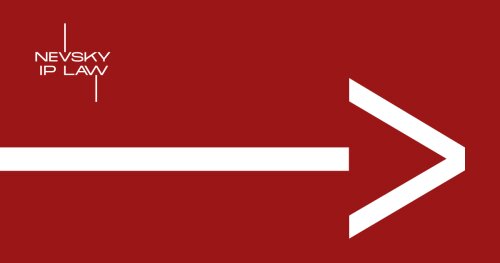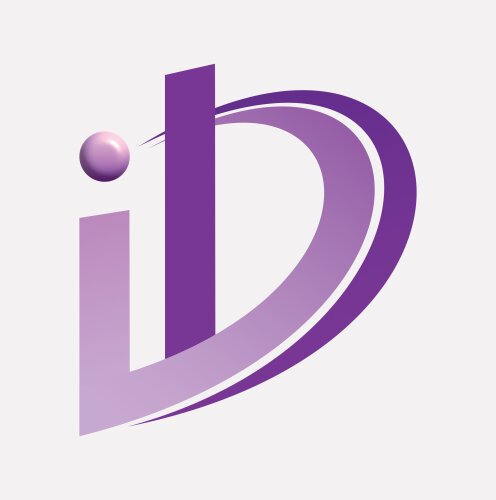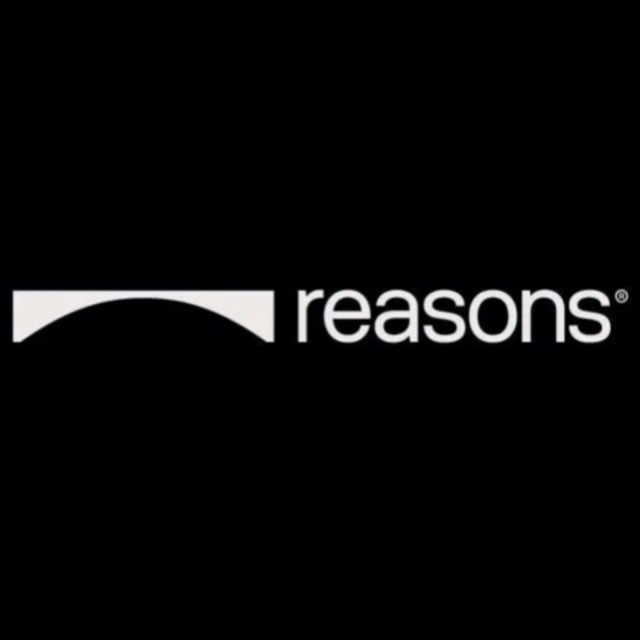Best Fintech Lawyers in Russia
Share your needs with us, get contacted by law firms.
Free. Takes 2 min.
Or refine your search by selecting a city:
List of the best lawyers in Russia
About Fintech Law in Russia
Fintech, or financial technology, is a rapidly evolving sector in Russia, transforming how financial services are structured and delivered. With a significant rise in digital banking, cryptocurrencies, and online payment systems, Russia has experienced substantial growth in the fintech industry. The legal landscape surrounding fintech in Russia is complex, involving regulations on digital banking, data protection, payment systems, and cryptocurrencies. As fintech intertwines with many facets of law, staying informed and compliant is crucial for businesses and individuals engaged in the sector.
Why You May Need a Lawyer
Navigating the fintech landscape can be challenging due to its intricate regulations and potential legal pitfalls. Here are common scenarios where legal expertise may be required:
- Starting a fintech business and understanding regulatory requirements.
- Compliance with data protection laws and financial regulations.
- Negotiating contracts and partnerships with financial institutions or tech providers.
- Addressing disputes or litigation related to fintech products or services.
- Dealing with issues related to digital currencies and blockchain technologies.
In these cases, a lawyer specializing in fintech can offer invaluable guidance to ensure compliance and protect against legal risks.
Local Laws Overview
The Russian legal framework for fintech is shaped by various laws and regulations that businesses must navigate. Key aspects include:
- Digital Financial Assets Law: Governs the issuance and circulation of digital financial assets, including cryptocurrencies.
- Data Protection: The Federal Law on Personal Data, which mandates strict controls on how personal data is collected and processed.
- Banking Regulation: Overseen by the Central Bank of Russia, focusing on licensing, operations, and cybersecurity standards for fintech firms.
- Payment Systems Regulation: Governing the operation and management of electronic money and payment systems.
- Anti-Money Laundering (AML): Laws requiring thorough monitoring of financial transactions to prevent illicit activities.
Understanding these laws is critical for avoiding legal issues and ensuring the success of fintech operations in Russia.
Frequently Asked Questions
What is the process for obtaining a fintech license in Russia?
The process involves submitting an application to the Central Bank of Russia, which includes detailed business plans, organizational structure, and compliance measures. Legal guidance is recommended to ensure a thorough application.
Are cryptocurrencies legal in Russia?
Cryptocurrencies are legal, but their use as a means of payment is prohibited. They are regulated under the Digital Financial Assets Law.
How are fintech companies protected under Russian law?
Fintech companies are protected by various regulations, including those on digital rights, cybersecurity, and intellectual property laws, to safeguard their operations and innovations.
What data protection rules do fintech companies need to follow?
Fintech companies must comply with the Federal Law on Personal Data, which includes requirements on data consent, storage, and processing security measures.
What are the tax implications for fintech firms in Russia?
Fintech firms need to adhere to general corporate tax regulations, including VAT, income tax, and specific rules depending on the type of financial services provided.
Can foreign fintech companies operate in Russia?
Yes, foreign fintech companies can operate in Russia, but they must comply with local laws and potentially establish a Russian legal entity depending on their services.
What role does the Central Bank of Russia play in fintech regulation?
The Central Bank of Russia regulates licensing, supervises financial stability, implements monetary policies, and ensures fintech compliance with statutory regulations.
Are there restrictions on cross-border fintech transactions?
Cross-border transactions must comply with both Russian and international regulatory standards, including AML and currency control requirements.
Is there funding support for fintech startups in Russia?
Yes, there are government and private initiatives to support fintech startups through funding, acceleration programs, and innovation hubs.
Can ICOs (Initial Coin Offerings) be conducted in Russia?
ICOs are allowed under the Digital Financial Assets Law, but they must adhere to strict legal requirements, including disclosure and registration processes.
Additional Resources
Those seeking further information or assistance can consider the following resources:
- Central Bank of Russia: The primary regulator for financial and fintech-related activities.
- The Ministry of Digital Development, Communications and Mass Media: Provides guidance on digital transformation and cybersecurity.
- Russian Fintech Association: An industry group providing networking and informational resources for fintech businesses.
- Legal Tech Conferences: Events that focus on the intersection of law and financial technology.
Next Steps
If you require legal assistance in fintech, consider the following steps:
- Conduct thorough research to identify key legal areas pertinent to your needs.
- Contact legal professionals specializing in fintech law who are familiar with Russian regulations.
- Prepare documentation related to your fintech activities for review by legal advisors.
- Stay informed about updates to laws and regulations in the fintech sector.
Taking these steps will help you navigate the complexities of fintech law in Russia and achieve compliance with local requirements.
Lawzana helps you find the best lawyers and law firms in Russia through a curated and pre-screened list of qualified legal professionals. Our platform offers rankings and detailed profiles of attorneys and law firms, allowing you to compare based on practice areas, including Fintech, experience, and client feedback.
Each profile includes a description of the firm's areas of practice, client reviews, team members and partners, year of establishment, spoken languages, office locations, contact information, social media presence, and any published articles or resources. Most firms on our platform speak English and are experienced in both local and international legal matters.
Get a quote from top-rated law firms in Russia — quickly, securely, and without unnecessary hassle.
Disclaimer:
The information provided on this page is for general informational purposes only and does not constitute legal advice. While we strive to ensure the accuracy and relevance of the content, legal information may change over time, and interpretations of the law can vary. You should always consult with a qualified legal professional for advice specific to your situation.
We disclaim all liability for actions taken or not taken based on the content of this page. If you believe any information is incorrect or outdated, please contact us, and we will review and update it where appropriate.
Browse fintech law firms by city in Russia
Refine your search by selecting a city.















